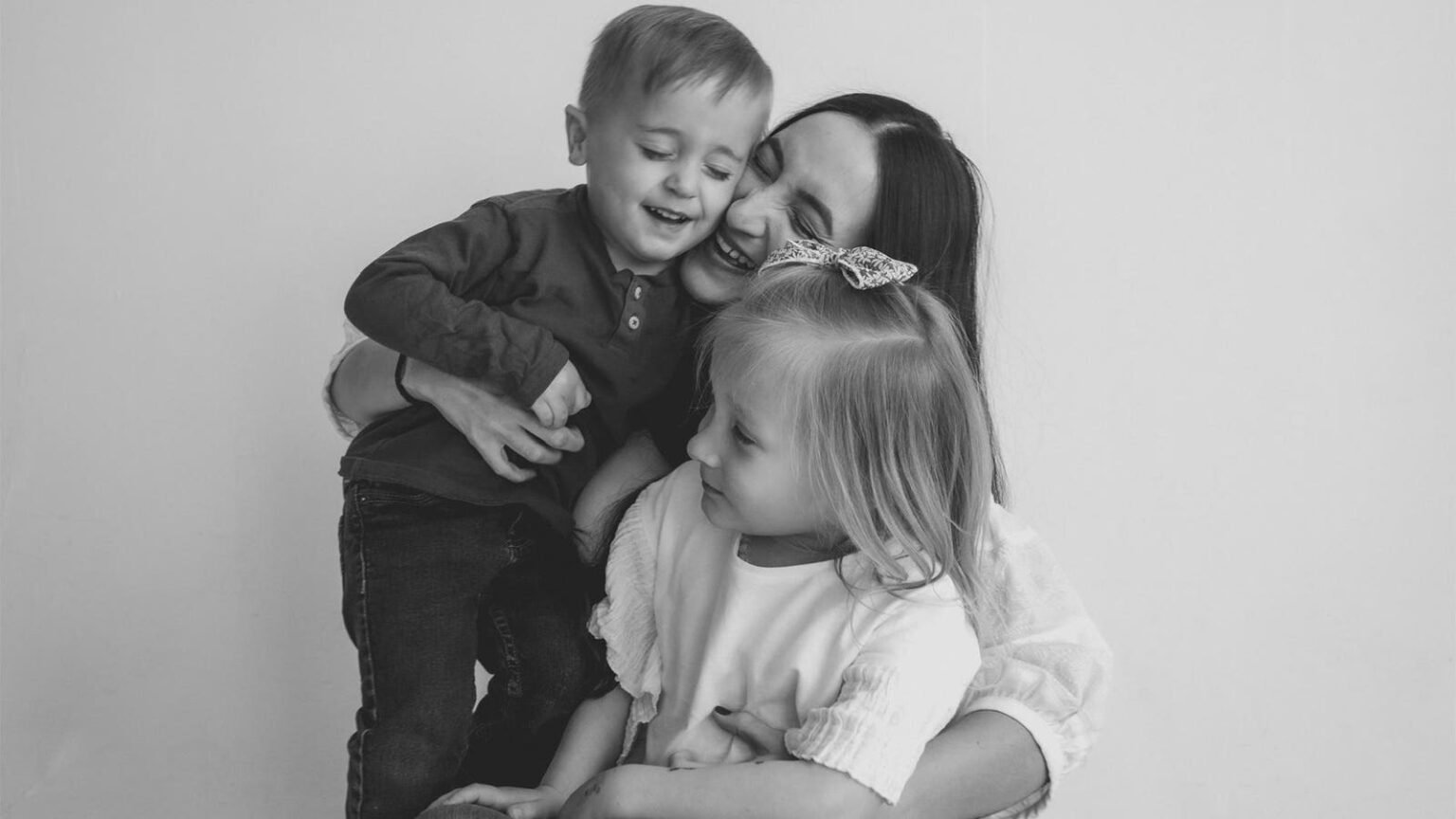The U.S. has few rules governing egg and sperm donation, leading to a Wild West environment where influencers promote it as a lucrative opportunity to their young followers. TikTok star Gigi Juliana sparked controversy when she announced her plans to donate eggs for money, garnering millions of views and comments from eager potential donors. However, the lack of regulation in the U.S. can lead to issues such as accidental incest and undisclosed health risks for both donors and offspring.
The trend of using social media to glamorize and monetize egg and sperm donation is growing, with influencers like Gigi promoting the financial benefits without fully disclosing the potential risks involved. The American Society of Reproductive Medicine recommends donors be at least 21 years old and undergo a psychological evaluation, highlighting the importance of informed consent and responsible donor recruitment practices. However, the allure of quick cash incentives may lead donors to provide inaccurate information on their applications.
Advocates for donor-conceived individuals are speaking out against the unethical practices of downplaying the seriousness of egg and sperm donation, as well as the emotional impact on recipients and future children. Influencers like Laura High, who was born through a sperm donor, are pushing for greater transparency and regulation in the industry to protect the rights of all parties involved. They are working to raise awareness and advocate for legislative measures that would address key issues in the fertility industry.
Some donor-conceived individuals, like Romi Slossberg, have experienced firsthand the challenges of incomplete or inaccurate donor information, leading to health concerns for themselves and their children. Slossberg advocates for stricter regulations around donor transparency and health verification to ensure the accuracy of medical histories provided to recipients. The lack of comprehensive medical information from donors can have long-lasting implications for donor-conceived individuals and their families.
In response to the growing concerns raised by donor-conceived advocates, several states have passed laws to regulate egg and sperm donation practices, such as banning anonymous donations and limiting the number of families a donor can contribute to. Advocates like Laura High have also helped introduce federal legislation to address issues like fertility fraud and ensure accountability in the fertility industry. These efforts aim to establish safeguards and protections for donors, recipients, and children born through assisted reproduction.
As social media continues to play a significant role in shaping conversations around reproductive health and family-building, influencers and advocates are working to balance the promotion of assisted reproduction services with ethical considerations and responsible practices. The influence of social media in destigmatizing fertility issues is evident, but it also underscores the need for greater awareness of the complexities and risks involved in egg and sperm donation. By amplifying the voices of donor-conceived individuals and advocating for stronger regulations, these advocates are striving to create a more transparent and ethical environment in the fertility industry.












